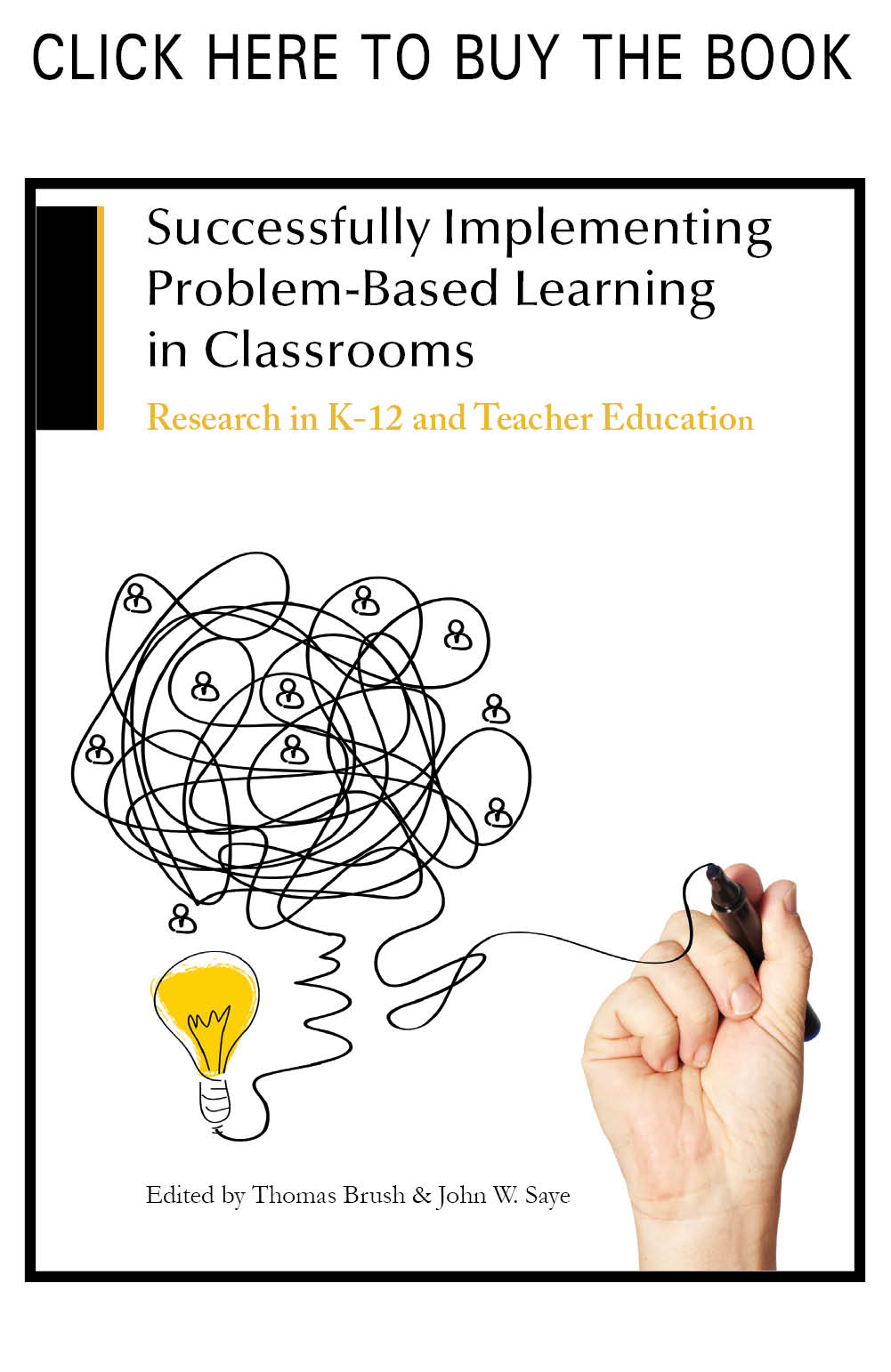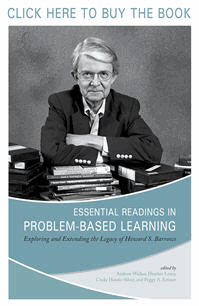Abstract
Socioscientific Inquiry (SSI) represents one approach designed to target interest and knowledge in science. In this context, students consider scientific issues that have social implications and require a range of trade-offs, concepts, and considerations in order to arrive at informed conclusions (Sadler, 2004). However, inquiry tasks in general and SSI projects in particular are not widely adopted in K-12 settings, despite strong beliefs among teachers that these types of activities are valuable (Marshall, Horton, Igo, & Switzer, 2009). We suggest Collaborative Action Research may provide an important platform for enabling teachers to experience success through systematic investigations of their practice supported by peer interaction and collaboration (Capobianco & Feldman, 2006).
In our investigation, we sought to understand the learning experiences of teachers within redesigned graduate-level courses aimed at preparing teachers to implement SSI approaches in the classroom. Data were collected from course participants to capture changes in scientific content knowledge, perceptions of SSI instruction, and strengths as well as recommendations of the experience. Results suggest that teachers can gain both content knowledge and pedagogical capacity in SSI methods.
Recommended Citation
Glazewski, K.
,
Shuster, M. I. PhD
,
Brush, T.
,
&
Ellis, A.
(2014). Conexiones: Fostering Socioscientific Inquiry in Graduate Teacher Preparation. Interdisciplinary Journal of Problem-Based Learning, 8(1).
Available at: https://doi.org/10.7771/1541-5015.1419
Included in
Curriculum and Instruction Commons, Educational Methods Commons, Elementary Education and Teaching Commons, Other Teacher Education and Professional Development Commons




